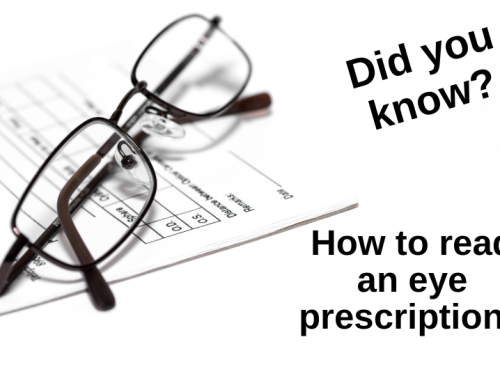
Potassium
Potassium for Heart and Muscle Health: Keep Your Body in Sync

A device displaying a heartbeat.
You’ve probably heard that bananas are rich in potassium — but few realise how vital potassium for heart and muscle health truly is. This essential mineral keeps your heart beating steadily, your muscles working smoothly, and your nerves communicating properly.
Too little potassium can cause fatigue, weakness, or cramps. Too much can strain your heart, especially if your kidneys aren’t working well. Getting the right balance of potassium for heart and muscle health is key to staying strong and energized.
Why Potassium Matters for Heart and Muscle Health
Potassium is one of the body’s main electrolytes — minerals that carry tiny electrical charges to help cells function. It works alongside sodium to:
-
Maintain fluid balance and healthy blood pressure
-
Support nerve signals and muscle contractions
-
Keep your heartbeat regular
-
Move nutrients into cells and waste out
Low potassium can lead to muscle cramps or irregular heart rhythm, both of which affect overall heart and muscle health.
Signs of Low Potassium (Hypokalemia)

A tired woman from walking
A mild deficiency might go unnoticed, but long-term low levels can cause:
-
Muscle weakness or cramps, especially in the legs
-
Fatigue or unusual tiredness
-
Constipation
-
Irregular heartbeat or palpitations
-
Numbness or tingling sensations
Common causes include:
-
Sweating or dehydration
-
Certain medications (like diuretics)
-
Vomiting or diarrhoea
-
Low intake of fruits and vegetables
As we age, our kidneys and medications can alter potassium balance — making midlife an important time to check potassium for heart and muscle health.
Too Much Potassium: What You Should Know

lon channel in a cell membrane, illustration
It’s rare to consume too much potassium from food. But people with kidney disease, diabetes, or those on ACE inhibitors may retain excess potassium in their blood.
High potassium (hyperkalemia) can cause:
-
Nausea or weakness
-
Tingling sensations
-
Dangerous heart rhythm changes — sometimes life-threatening
Because of this, potassium supplements should never be taken without medical supervision — especially for those managing blood pressure or heart conditions.
Best Food Sources of Potassium for Heart and Muscle Health
The safest way to get potassium is through a balanced diet, not supplements. Include a mix of:
-
Fruits: bananas, oranges, apricots, cantaloupe
-
Vegetables: spinach, sweet potatoes, mushrooms, broccoli
-
Legumes: lentils, beans, edamame
-
Protein & dairy: yogurt, salmon, chicken, nuts
Smart Tip: Boiling vegetables can reduce potassium content. Try steaming or roasting to retain nutrients and support heart and muscle health naturally.
Most adults need 2,600–3,400 mg of potassium daily, depending on age, sex, and activity level.
When to See a Doctor

A doctor explaining to a patient.
If you experience frequent cramps, fatigue, or irregular heartbeat, don’t assume it’s just low potassium.
A blood test can check your levels and confirm if your heart and muscle health are affected.
Avoid self-prescribing supplements — especially if you have kidney disease, diabetes, or take blood pressure medication. Your doctor can help determine what’s safe.
The Bottom Line
Potassium plays a major role in maintaining heart and muscle health. Too little can slow you down, while too much can cause harm — but a diet rich in fruits, vegetables, and whole foods helps most people maintain healthy levels naturally.
Expert Insight
“People often think cramps mean they need more potassium, but that’s not always true,” says Dietitian Michelle Tan, a clinical nutritionist in Singapore.
“Hydration, magnesium levels, and muscle tightness can also play a part. If cramps are frequent, check your electrolytes — don’t just reach for supplements.” PRIME
Top Potassium Foods (per 100g)
| Food | Potassium (mg) |
|---|---|
| Banana | 358 |
| Avocado | 485 |
| Spinach (cooked) | 466 |
| Sweet potato | 337 |
| Yogurt | 255 |
| Lentils | 369 |
| Salmon | 490 |












Leave A Comment